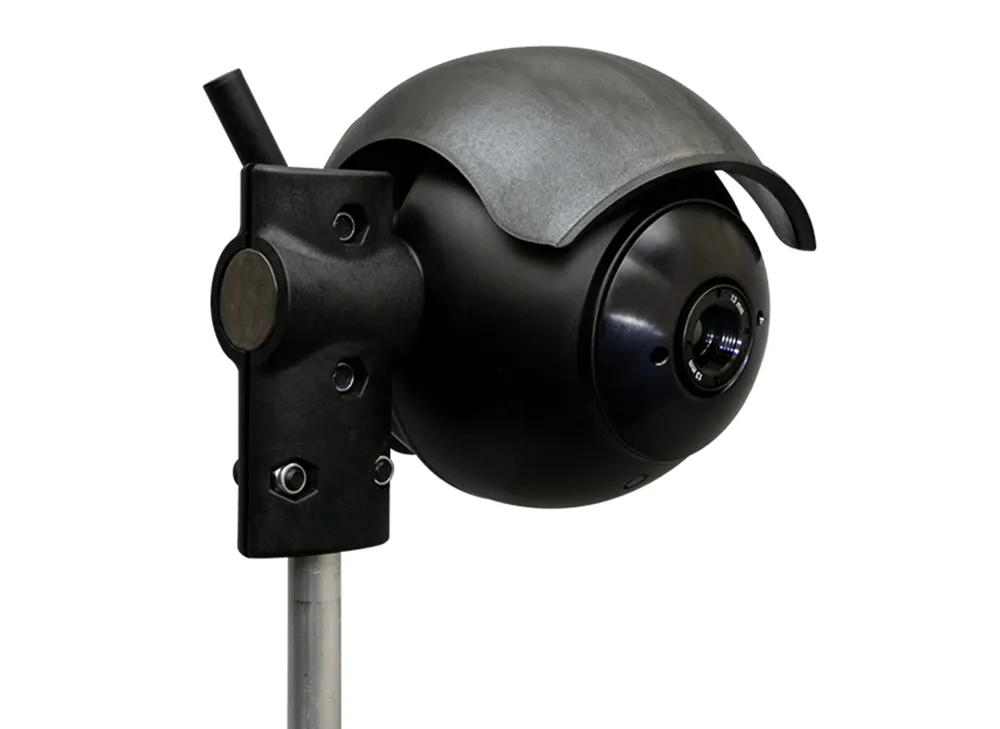Delphi Technologies is collaborating with TomTom on electronic and software applications designed to further optimise vehicle fuel efficiency and emissions through the use of real-time mapping data.
Delphi says its Intelligent Driving controls will use the information to predict changing driving conditions such as traffic congestion to help shorten commute times.
Mary Gustanski, the company’s chief technology officer, says the partnership will seek to integrate more information about a driver's route
January 9, 2019
Read time: 1 min
Delphi says its Intelligent Driving controls will use the information to predict changing driving conditions such as traffic congestion to help shorten commute times.
Mary Gustanski, the company’s chief technology officer, says the partnership will seek to integrate more information about a driver's route to improve the product and allow vehicles to drive ‘better and cleaner’.








